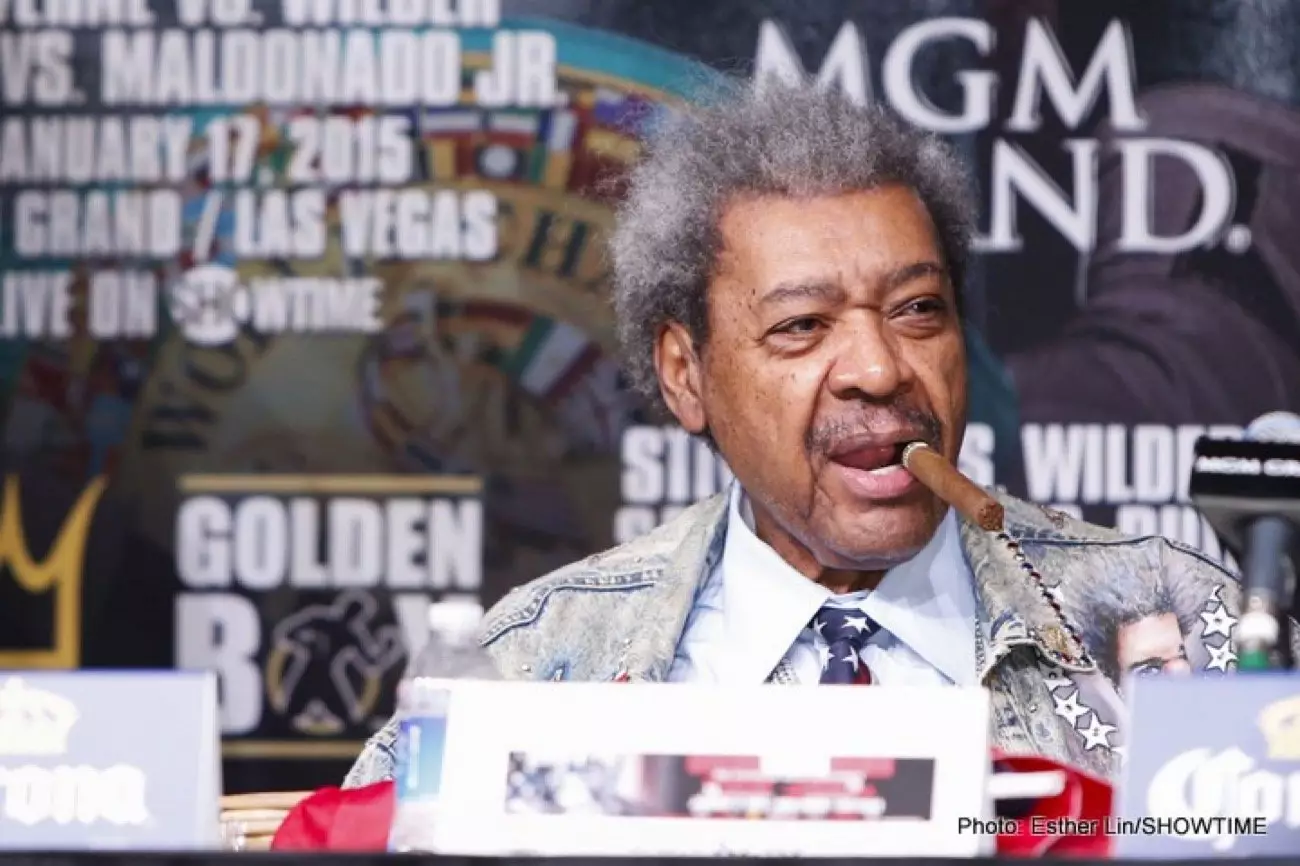The Absurdity of Boxing Titles: A Close Look at the WBA’s Latest Farce
Welcome to the curious world of boxing, where championship titles are handed out like candy at Halloween. If you’ve ever felt confused about the multitude of belts floating around, you’re not alone. The recent announcement of a match between Kubrat Pulev and Michael Hunter for the WBA “Regular” Heavyweight Title has raised more than a few eyebrows and highlighted the absurdity of the situation. This isn’t just a fight; it’s a spectacle that encapsulates everything baffling about modern boxing.
It’s hard not to feel a mix of frustration and amusement at how these titles are being treated. Fans and critics alike have been vocal about their disdain for the WBA’s seemingly endless creation of belts that hold little real value. Despite this, the organization continues to produce new titles with alarming frequency. This particular match-up is not just about the belt itself but also challenges our understanding of what makes a championship fight truly significant.
Key Takeaways
- The WBA’s proliferation of titles has diluted the significance of championship fights.
- Don King remains a controversial figure in boxing, using old-school methods to secure fights.
- True championship boxing is at risk of being overshadowed by less meaningful matches.
The Face of Chaos: Don King’s Resurgence
Enter Don King, one of boxing’s most enigmatic figures, who at 93 years old is still making waves in the sport. While many promoters today focus on digital strategies and social media presence, King operates with an old-school flair that defies modern conventions. His recent bid of $1.1 million for this title fight shows he’s still very much in the game, using tactics from an era when boxing was raw and unpredictable.
King’s involvement adds another layer to this perplexing situation. Even with his outdated tools—fax machines and archaic websites—his methods somehow continue to work, leaving younger promoters scratching their heads. It’s as if he embodies the chaos from which boxing once thrived. Who would have thought that in today’s digital age, King would still be pulling strings without all the tech-savvy bells and whistles?
A Title Worthless as a Participation Ribbon
Beneath all this theatricality lies the uncomfortable truth about Pulev vs. Hunter: it’s a match that’s largely seen as lacking any real prestige or stakes. Kubrat Pulev, now 44, is far removed from his days as a top contender. His career peaked nearly ten years ago against Wladimir Klitschko, and since then he has drifted through the sport without making significant impacts.
On the flip side, Michael Hunter finds himself in a limbo of sorts—neither fully active nor completely forgotten. He holds a win against Cassius Chaney for the WBA “Gold” title, but let’s be honest: this accolade is more suited for decoration than as proof of excellence. What was once a sport celebrated for its champions now seems content handing out shiny trinkets to anyone who shows up.
The WBA’s Distorted Reality
In today’s boxing landscape, where credibility is constantly questioned, the WBA seems intent on creating its own distorted reality where absurdity reigns supreme. Titles are distributed with ease, much like subscription services offering endless content. This practice cheapens genuine achievements and turns what should be elite competitions into mediocre events.
The hype surrounding Pulev vs. Hunter feels more like a carnival sideshow than an athletic event worthy of attention. Promoted with enthusiasm befitting a major championship bout, it ultimately amounts to little more than an exhibition wearing a title fight’s clothing. The focus seems to be on creating an entertaining spectacle rather than honoring true athletic achievement.
A Lament for True Championship Boxing
Amidst influencer-driven events and lucrative international deals, there’s a growing concern that boxing might lose its essence—the quest for greatness and authentic competition for true championship titles. Instead of celebrating skill and sportsmanship, what we see now are underwhelming matches dressed up in flashy promotions, eroding what it means to be called a champion.
This peculiar state of affairs raises important questions about the future direction of boxing. Will organizations like the WBA continue to dictate what qualifies as elite? Or will genuine contenders rise to redefine championship standards? While the path forward remains uncertain, it’s clear that the battle for credibility in boxing is far from over.
Final Thoughts
The current state of boxing titles is nothing short of chaotic, leaving fans questioning what really constitutes success in this storied sport. With figures like Don King still playing pivotal roles amidst this turmoil, one can’t help but wonder how long such charades will continue before genuine change takes root. As you ponder these questions, consider what true championship glory means—not just for fighters but for fans who cherish the purity of competition.
boxing
WBA
Kubrat Pulev
Michael Hunter
Don King
boxing titles


Leave a Reply